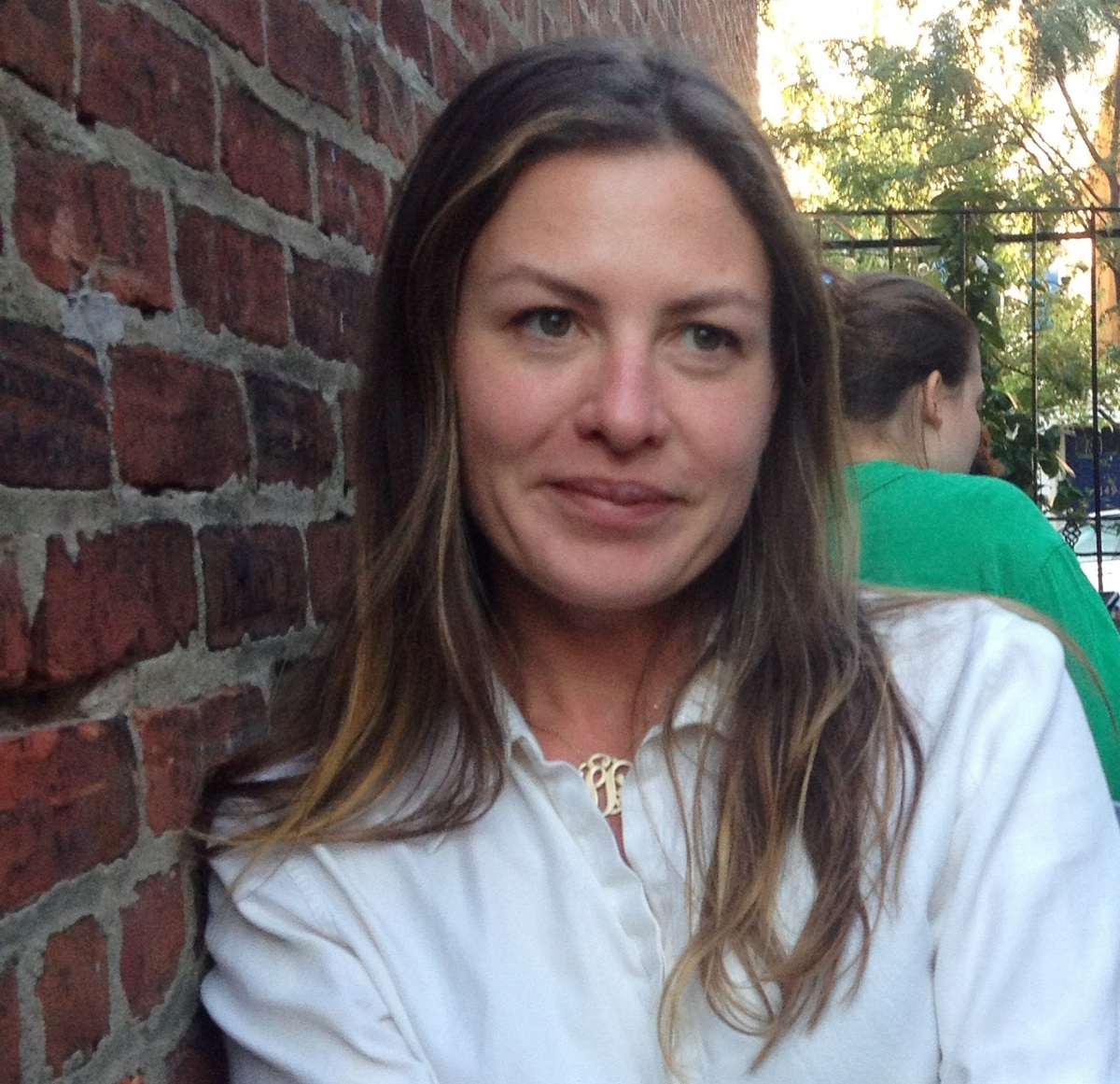COURSE INSTRUCTOR
Lauren McCall

Dr. Lauren McCall has been Professor of Research Methods at the Kanbar College of Design, Engineering and Commerce, Philadelphia University since 2015. In 2018, she moved to Cutchogue, NY to manage her family's vineyard and cattle ranch. She is writing a book about the evolution of human sociality. Her interests are cultural group selection and other examples of multilevel dynamics in nature; the evolution and development of the brain and developmental plasticity; and strategies for scientific training and biology education in the behavioral sciences and humanities.
Lauren's background in evolutionary research originally focused on correlations between brain size and divergence from quadrupedalism among the vertebrates. For her Master's dissertation work at the Leverhulme Center for Evolutionary Studies in Cambridge, England she found that hominin encephalization (brain size increase) may not just be the result of a hominin-specific increase in the calories gotten from meat-eating, because it is part of a larger scale trend of vertebrates from dinosaurs and birds to bats and dolphins, diverging from quadrupedalism and exploring new adaptive zones.
Applying statistical techniques to accomplish the comparative method of evolutionary research interested her, and she wondered if any headway could be made in the social sciences. So she switched paths for her doctoral research to the subject of "cultural evolution." Her subsequent research at the Konrad Lorenz Institute for Evolution and Cognition Research in Vienna and at the National Evolutionary Synthesis Center (NESCent) at Duke University took a variety of evolutionary approaches to human culture, from explaining the variations of indigenous counting systems around the world in terms of environmental pressures, to explaining patterns within the history of Western music as successive events of ecological colonization.